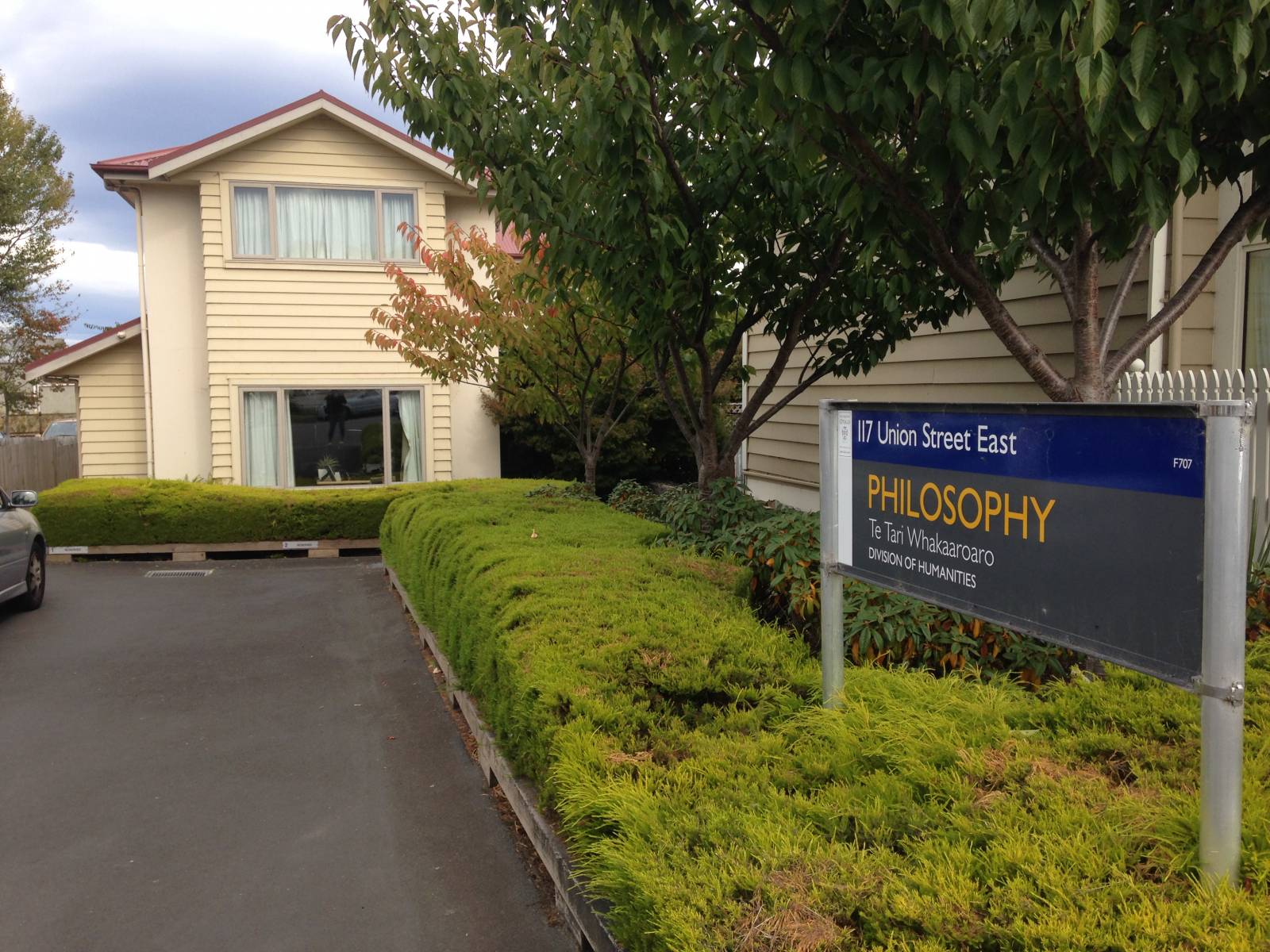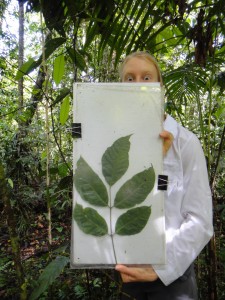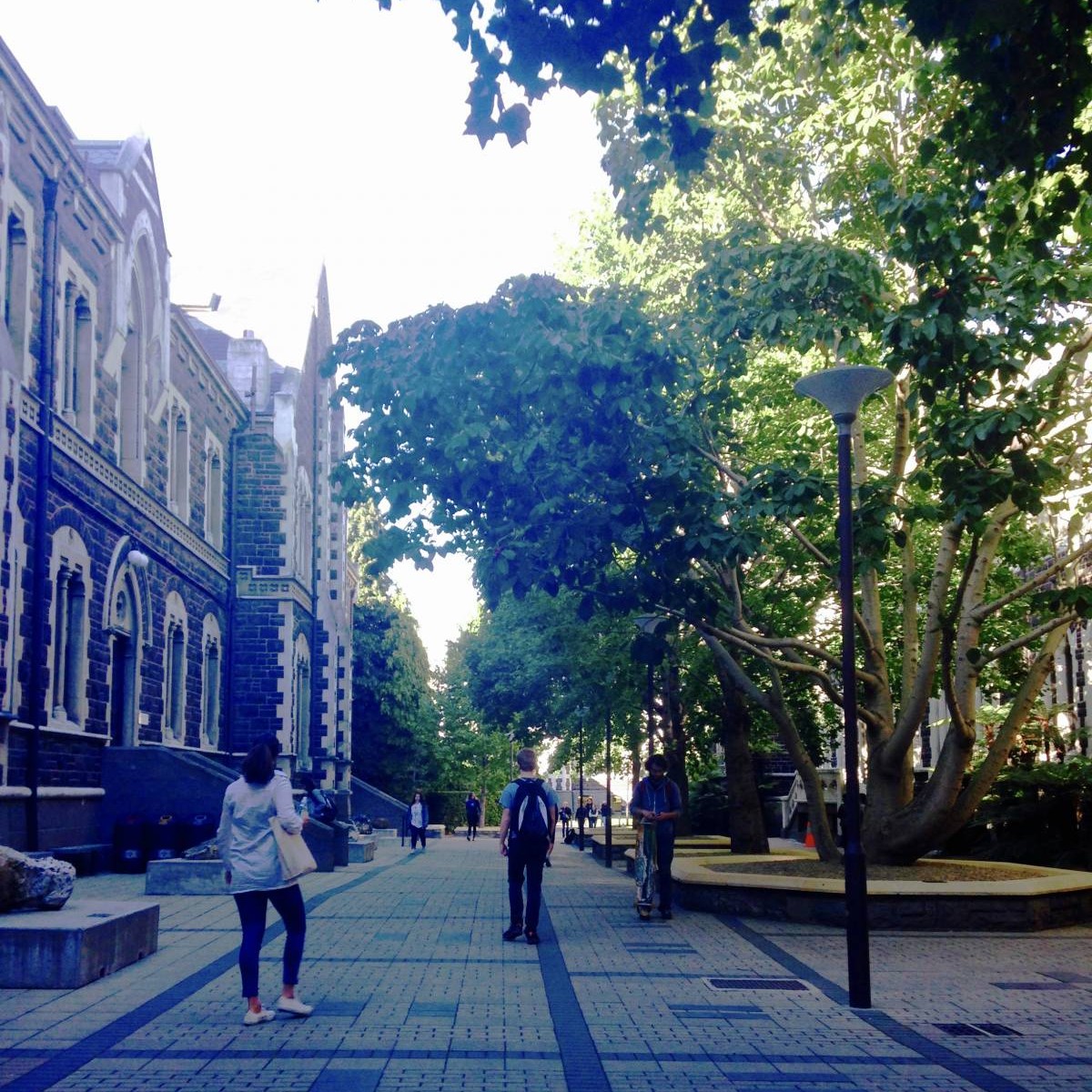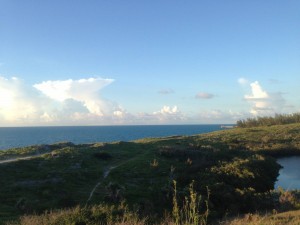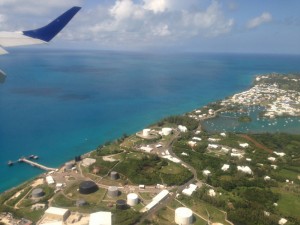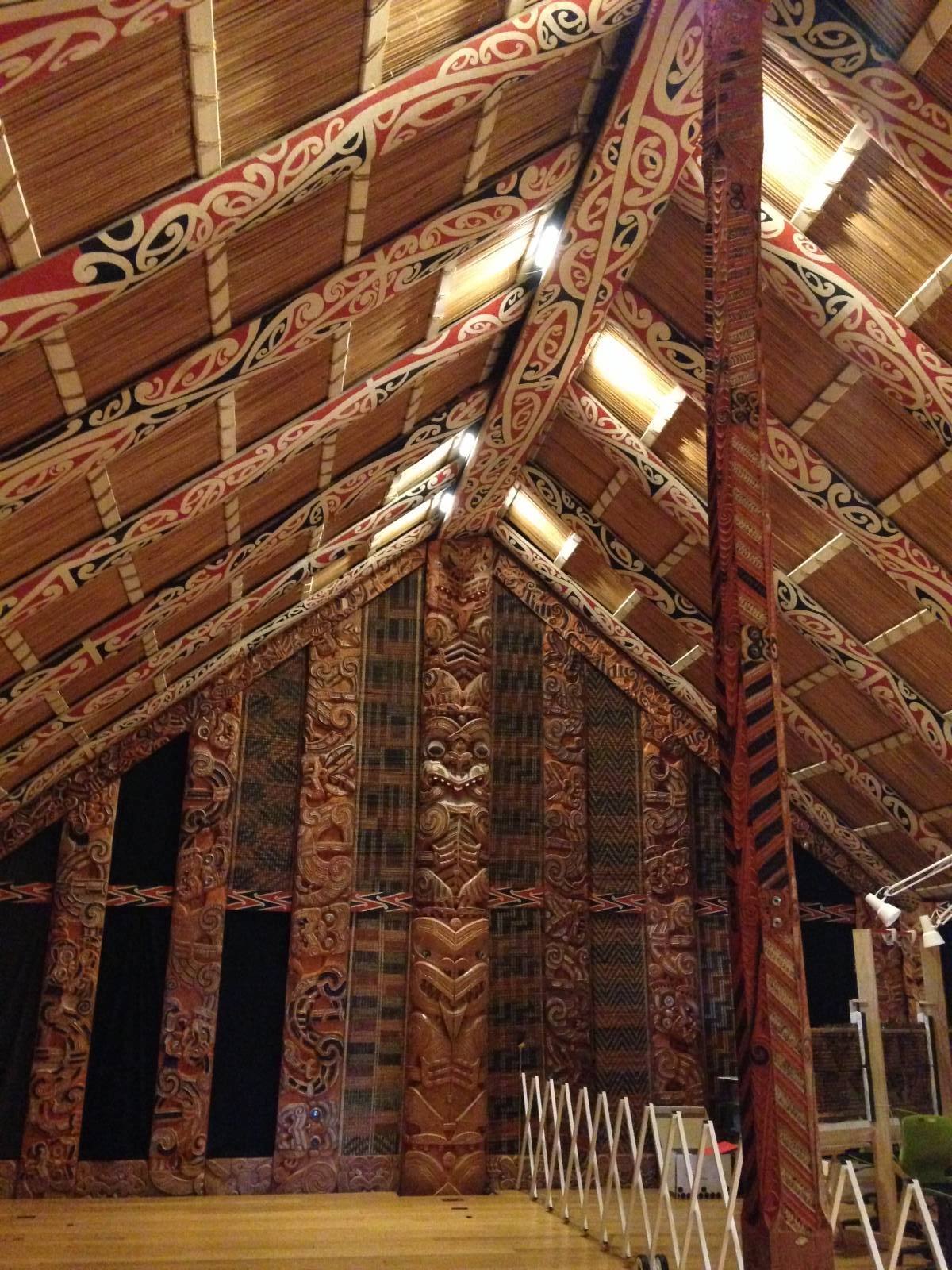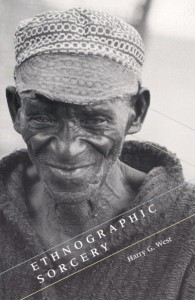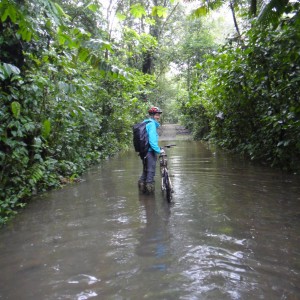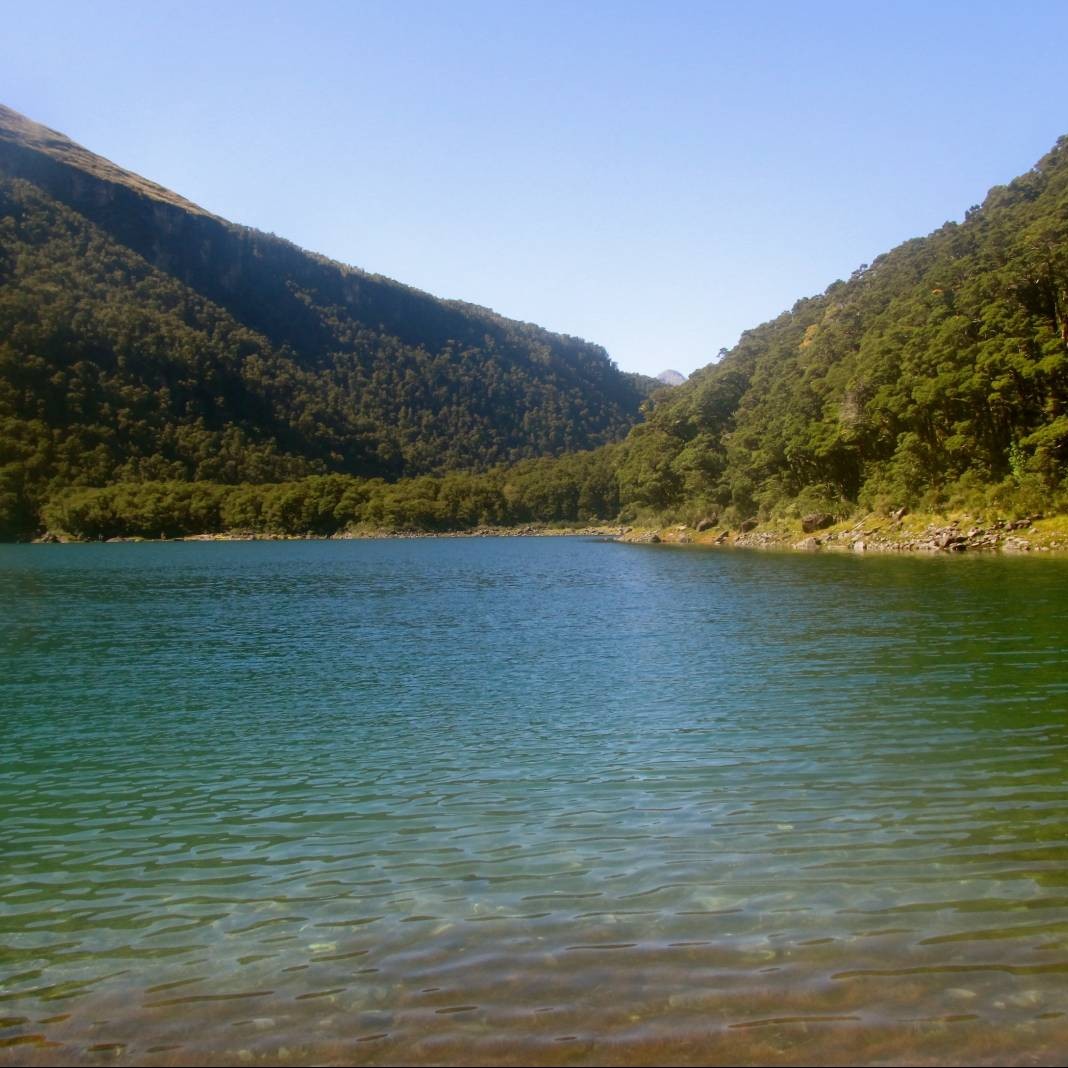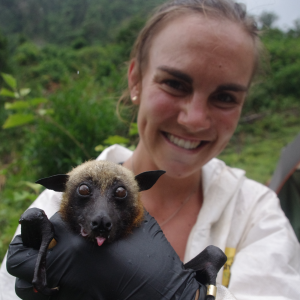The weather might make you feel like summer is impossibly far off (as I’m writing this, it’s a depressingly chilly 37 degrees), but move-out day is less than two months away! Given June’s swift approach, now is an excellent time to start thinking about how you can get the most out of your summer experiences.

This summer, I will be doing an IIP internship at a public interest law organization in Budapest, Hungary. I’m currently in the process of solidifying travel and housing details, but logistics aren’t the only thing to plan for. Last week, for example, all summer IIP students attended a meeting to get advice on how to make the most of our internships. Many of the speakers’ suggestions involved logistical preparation, echoing the tips Dylan wrote about a few weeks back. But they also focused on introspective preparation and encouraged us to reflect on where our research fits into our lives — and on what kinds of researchers we aim to be. Here are three of the tips that we discussed: Continue reading 3 Steps to a Fulfilling Summer Research Experience


